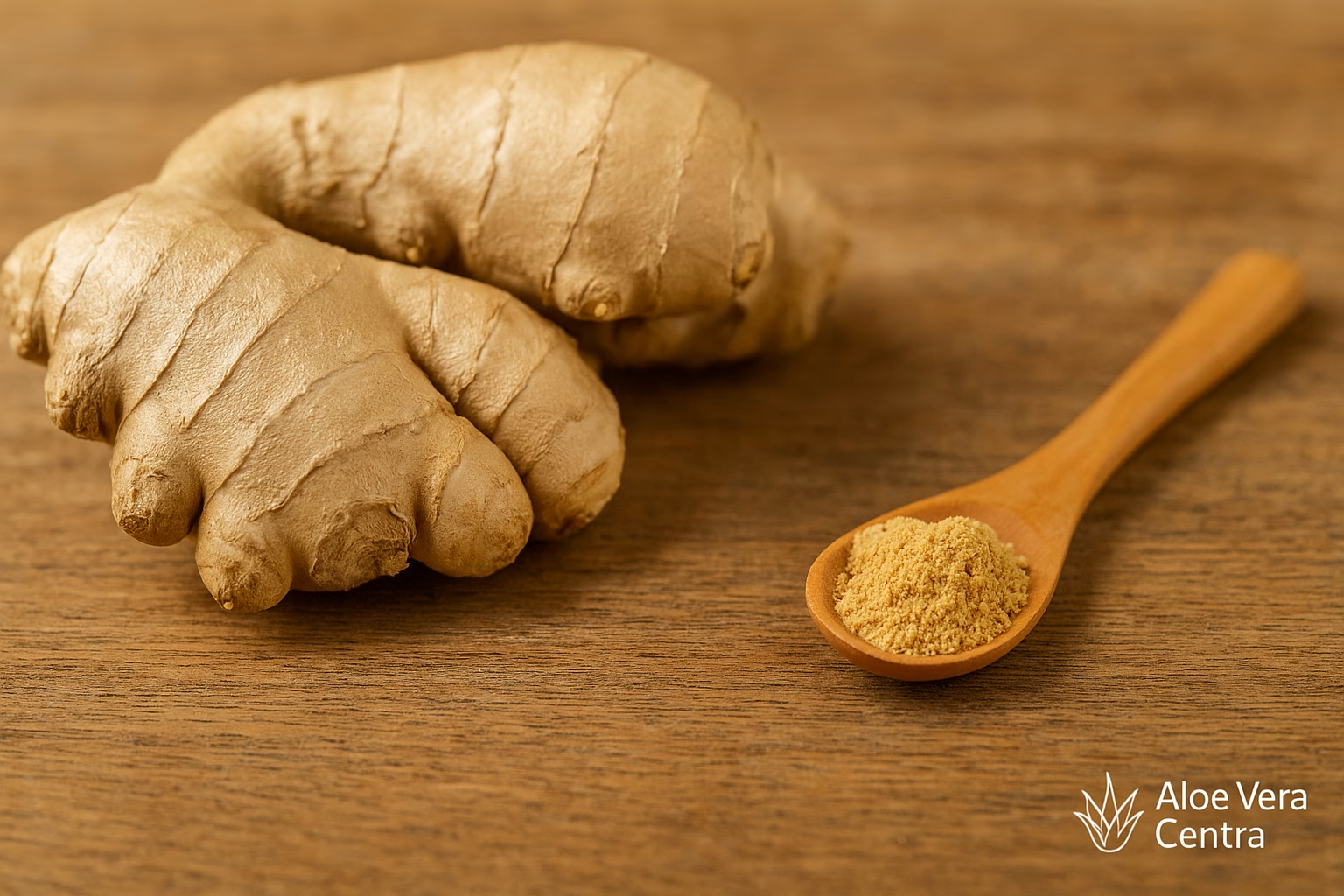
B complex: deficiency symptoms and importance for the health of the body
B complex: what are the symptoms of deficiency and why is it important for the whole body
Have you ever wondered why someone tells you to take B vitamins, but you’re not really sure what that means? B vitamins are a whole range of nutrients that are essential for many functions in our bodies – from energy production and supporting the nervous system to maintaining healthy skin and hair. In today’s busy modern lifestyles, it’s not uncommon for these essential nutrients to slip through our diets, which can lead to a variety of problems, including chronic fatigue, cognitive problems, and even mood swings.
In this article, we will explore in detail what the B complex is, what vitamins are in this group, how to recognize their deficiency and why they are crucial for the proper functioning of the entire body. Although at first glance it seems that we are talking about “a little million different vitamins with the labels B1, B2, B3…” – each of them has a specific role in our body. We will also learn how to recognize the symptoms of deficiency, what are the best natural sources and when supplementation is desirable. Finally, we will look at how aloe vera products can complement or enhance the effects of the B complex, offering a comprehensive approach to improving health.
What exactly is B complex?
The B vitamins are also called the B complex because they are often found together in food and interact with each other in many physiological processes. They most commonly include eight vitamins:
- B1 (thiamine)
- B2 (riboflavin)
- B3 (niacin)
- B5 (pantothenic acid)
- B6 (pyridoxine)
- B7 (biotin) – sometimes called vitamin H
- B9 (folic acid)
- B12 (cobalamin)
Each of these vitamins has a slightly different function, but together they create a synergy that is important for:
- Energy production (metabolism of carbohydrates, fats and proteins)
- Supporting nervous system and brain health
- Building and maintaining red blood cells (especially folic acid and B12)
- Enzymatic reactions essential for digestion and detoxification
- Maintaining healthy skin, hair and nails
Therefore, even a minor imbalance in the level of one B vitamin can cause a “chain” reaction in the body and lead to adverse symptoms. For example, B1 is essential for converting glucose into energy, while B12 and folic acid are necessary for the formation of red blood cells. Due to a long-term deficiency, the body begins to feel the consequences in the form of fatigue, decreased immunity and various other ailments.
Symptoms of vitamin B complex deficiency
How do you know if you’re lacking one of the B vitamins? It’s good to know that a deficiency often manifests itself through several different symptoms at the same time, because these vitamins work “as a package.” Some of the most common signs include:
- Chronic fatigue and weakness
B vitamins are responsible for energy production. A deficiency in B1, B2, B3 or B5 can manifest as a constant feeling of exhaustion and sluggishness. People complain that they lack “that something” to start the day with full energy, and even an afternoon coffee does not solve the problem permanently. - Changes in mood and concentration
Vitamins B6 and B12 are essential for the synthesis of neurotransmitters such as serotonin and dopamine. When levels of these vitamins drop, irritability, anxiety, memory problems, and difficulty focusing occur. - Skin, hair and nail problems
B7 (biotin) is particularly associated with maintaining healthy hair and nails. A biotin deficiency can cause brittle hair, increased hair loss, or skin problems such as seborrhea. Other B vitamins also affect skin metabolism and a healthy appearance. - Loss of appetite or digestive disorders
Oral sensitivity (e.g. frequent canker sores or cracked corners of the lips), gastritis, diarrhea or constipation – all of these can be associated with low levels of vitamins B2, B3 or B6, which play an important role in the enzymatic processes of the digestive system. - Tingling and neuropathy
Severe B12 deficiency can cause tingling in the hands or feet, and even problems with balance and walking. This happens because B12 is necessary for a healthy myelin sheath around the nerves.
The appearance of one or more of the above symptoms does not necessarily mean that the cause is a B complex deficiency, but over time and with tests (e.g. blood count, folate and B12 levels) you can more accurately detect whether there is a significant deficiency. In such cases, you should consider changing your diet or taking supplements.
Why is the B complex crucial for the entire body?
Each B vitamin has its own specific role, but what they have in common is that they are all vital for the functioning of almost every tissue and organ in our body. Here are some examples:
- Metabolism – Vitamins B1, B2, B3, B5 and B6 are involved in the conversion of macronutrients (carbohydrates, fats, proteins) into cellular energy. Without their optimal intake, the body struggles to obtain energy from food, which can result in unexplained fatigue.
- Blood circulation and blood cells – B9 (folic acid) and B12 are essential for the formation and proper maturation of red blood cells (erythrocytes). Long-term deficiency leads to anemia, and thus to poorer oxygen supply to tissues.
- Nervous system – B6, B9 and B12 are particularly important for the synthesis of neurotransmitters that regulate mood, memory and attention. B1 is essential for the normal functioning of neurons. Without them, the nervous system operates “below capacity”.
- Detoxification and DNA synthesis – B9 (folic acid) and B12 aid in normal cell replication and DNA repair. They also aid in the liver’s detoxification processes.
- Hormonal balance – The role of B6 is particularly pronounced in the synthesis and breakdown of certain hormones, including those that regulate mood and reproductive functions.
As we can see, these vitamins are indeed intertwined in almost all bodily functions. A deficiency often results in a chain reaction, as, for example, one enzyme malfunctions, which then causes problems in other biochemical pathways. Because of this complexity, many experts emphasize that the best way to get B vitamins is through a varied diet plus supplementing with the entire B complex rather than isolated “narrowly specialized” vitamins, except in cases where the goal is to treat a very specific deficiency.
Natural sources and recommended intake
If you suspect you may be deficient in B vitamins, the first step is to check your diet. Here is a list of foods rich in B complex :
- Whole grains (brown rice, oats, wheat, rye)
- Legumes (beans, lentils, chickpeas)
- Nuts (almonds, walnuts, hazelnuts, peanuts)
- Meat products (especially offal like liver and kidneys)
- Fish (tuna, salmon, mackerel)
- Eggs and dairy products
- Vegetables (spinach, broccoli, asparagus, mushrooms)
- Yeast and fermented products (eg brewer’s yeast)
How much do we really need? Recommended daily allowances (RDAs) vary from vitamin to vitamin, as well as based on gender, age, and health conditions. For example, an adult typically needs about:
- B1 (thiamine): 1.1–1.2 mg/day
- B2 (riboflavin): 1.1–1.3 mg/day
- B3 (niacin): 14–16 mg/day
- B5 (pantothenic acid): about 5 mg/day
- B6 (pyridoxine): 1.3–1.7 mg/day
- B7 (biotin): 30 mcg/day
- B9 (folic acid): 400 mcg/day
- B12 (cobalamin): about 2.4 mcg/day
Pregnant and breastfeeding women often have increased needs for B vitamins, especially folic acid (B9) and B12, while the elderly or those with certain chronic diseases may have reduced absorption. In such cases, supplementation with a B complex or targeted B vitamins (e.g. folic acid in pregnancy) may be crucial.
When to consider supplementation?
If you notice clear symptoms of deficiency (chronic fatigue, hair and skin problems, digestive disorders, neuropathy, etc.) or are aware that your diet is not optimal, supplementation can be a simple and effective solution. You can consult a doctor, nutritionist or pharmacist about this. For many people, it is recommended to take a complete B complex dietary supplement, because this way they get all the necessary B vitamins in precisely defined proportions.
Forever Living offers a range of products that can be combined with B vitamins. For example, Forever Aloe Vera Gel can support better absorption and naturally help balance the digestive tract, which is essential if we want to get the most out of our supplements. Along the same lines, Forever Daily is also recommended – a multivitamin that combines B complex with other important micronutrients.
Aloe vera as a B complex support
It may seem like an unusual combination of “ aloe vera + B vitamins,” but it makes perfect sense. Aloe vera is known for containing various enzymes and polysaccharides that can support better digestion and nutrient absorption. When you take a vitamin supplement with Forever Aloe Vera Gel , you increase the chance that your body will actually use more of the dose you take.
Frequently Asked Questions (FAQ)
1. Is it possible to overdose on B vitamins?
B vitamins are water-soluble, meaning that excess is usually excreted in the urine. Overdose is relatively rare, but not impossible, especially with high doses of certain vitamins (such as B6 or B3). Therefore, it is always best to stick to the recommended dosage on the label and follow the advice of a professional.
2. Are dietary supplements with B vitamins as effective as natural sources?
Natural sources in whole foods (meat, fish, grains, vegetables) typically offer a complex of micronutrients along with fiber and phytochemicals that are optimal for the body. However, supplementation can help those who fail to get enough B vitamins through their diet or have increased needs (pregnant women, vegans, the elderly).
3. Could vegans and vegetarians be at higher risk of B12 deficiency?
That. Since B12 in its natural form is mainly found in foods of animal origin, vegans and vegetarians often have a deficiency. In these cases, B12 supplementation, i.e. taking B complex, can be very important to prevent anemia and neuropathic problems.
4. What are the recommended doses during pregnancy, especially for folic acid?
Pregnant women are advised to take 400–600 mcg of folic acid (B9) daily, starting before conception, to reduce the risk of neural tube defects in the fetus. Other B vitamins often require slightly higher doses than the general population, but this depends on the individual case.
5. How long do I need to take B complex before I notice improvement?
Results depend on the level of deficiency and individual metabolism. Some people experience an increase in energy and mood improvement after just a week or two of regular consumption, while others need several weeks or months for more pronounced changes.
A quick note on the “hidden” factors that deplete B complex
Today, we are all somewhat exposed to stress, poor quality sleep and excessive use of stimulants (coffee, alcohol, cigarettes). These habits can quickly “deplete” or interfere with the absorption of B vitamins. In addition, people taking certain medications (e.g. birth control pills, antacids) can lose part of the B complex through impaired absorption in the intestines. This is why experts are increasingly recommending “external support” for all those who cannot manage to get all the nutrients in optimal amounts through diet.
Conclusion and call to action
B vitamins are far from being secondary “trace vitamins.” They are the cornerstones of metabolism, energy, mood, and healthy skin, hair, and nails. Deficiency can manifest itself in hundreds of ways—from fatigue and poor concentration to digestive problems to more serious consequences like anemia. Fortunately, the solution is often simple: a varied diet rich in whole foods plus adequate supplementation when needed.
If you think you might have a B vitamin deficiency or simply want to maintain optimal levels and give your body the best support, consider the proven supplements from the Forever Living range. For example, Forever Daily offers a multivitamin approach, while Forever Aloe Vera Gel helps with better digestion and nutrient utilization. For more information, visit the official Forever store and take advantage of a special offer.
Know that the “secret” to good health is in small, everyday decisions. Start paying attention to your B vitamin intake and watch your energy levels increase, your mood improve, and your skin and hair become more radiant. Give your body what it really needs and it will give you back many times over.
This content is not a substitute for professional medical advice. In case of serious symptoms or suspected nutritional deficiencies, always consult a doctor, nutritionist or other qualified professional.








